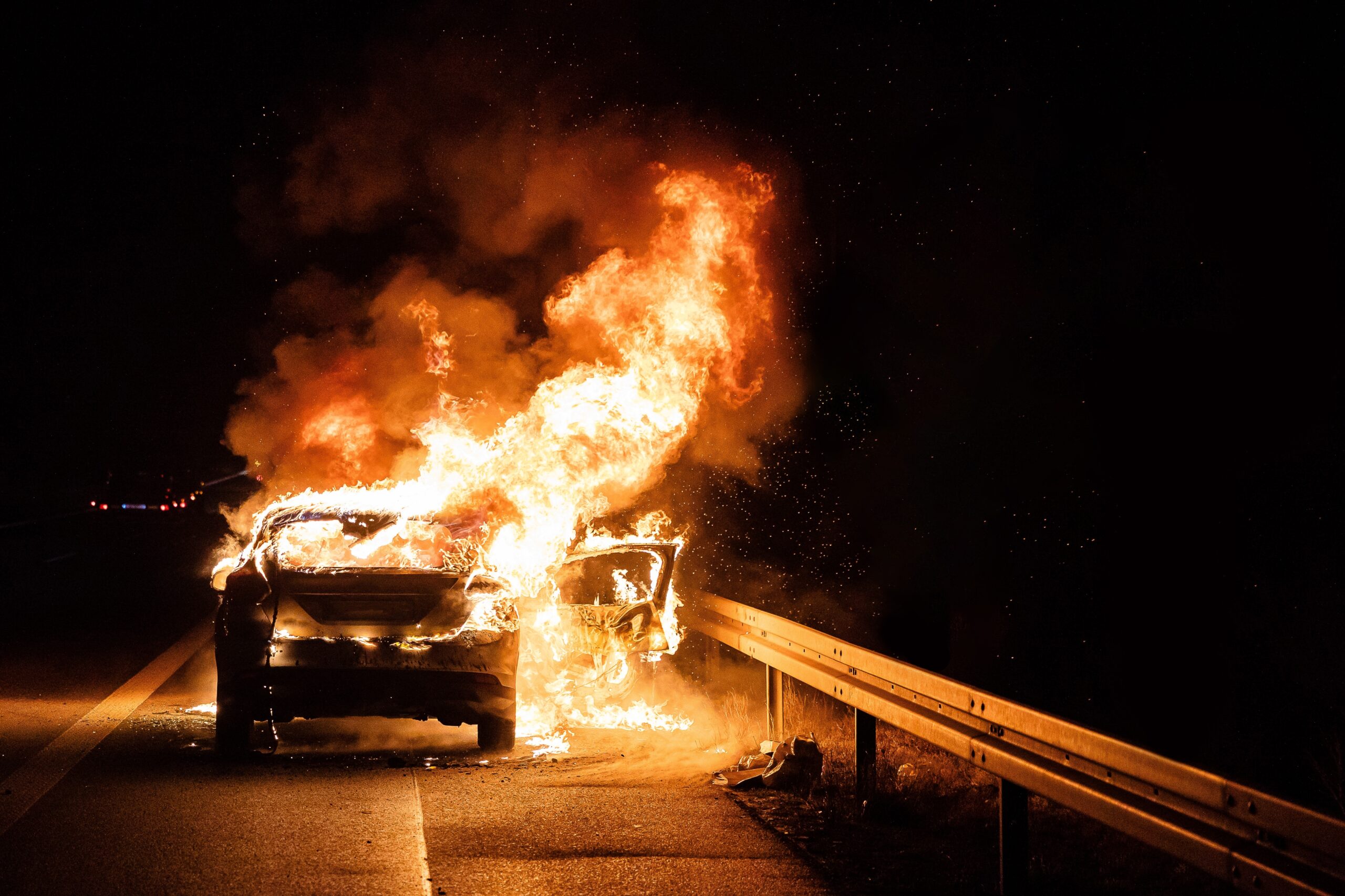No Jail, $500 Fine In BLM-Linked Arson Plea Deal

While prosecutors have taken a particularly aggressive stance regarding those charged in connection with the Jan. 6, 2021, protest on Capitol Hill, rioters who caused extensive property damage during demonstrations the previous summer have generally received a proverbial slap on the wrist.
One notable example involved the arson attack on a Wendy’s restaurant during a 2020 Black Lives Matter riot in Atlanta, Georgia.
Court records indicate Chisom Kingston and Natalie White, two of the three individuals accused of torching the fast food restaurant, reached an agreement with prosecutors in which they would plead guilty to counts of arson and conspiracy to commit arson in exchange for receiving no jail time.
The deal involves a five-year probated sentence, a $500 fine and 150 hours of community service and was announced just days before their trial was scheduled to begin.
Along with the third suspect, John Wesley Wade, Kingston and White initially pleaded not guilty in March 2022. Wade was indicted earlier this year.
Although many of the BLM protests during the summer of 2020 were in response to the death of George Floyd in Minneapolis, Minnesota, the Wendy’s arson was reportedly orchestrated following the death of Rayshard Brooks, a suspect who was shot and killed after he allegedly punched a police officer with enough force to cause a concussion. The altercation occurred during a DUI arrest in the Wendy’s parking lot.
A number of prominent conservatives have pointed out the perceived disparity between how Jan. 6 protesters and BLM demonstrators have been punished.
In response to the sentencing of Montez Terriel Lee Jr., who set fire to a Minneapolis pawn shop in which Oscar Lee Stewart was later found dead of smoke inhalation, U.S. Sen. Josh Hawley (R-MO) addressed the perceived inadequacy of the punishment.
“Lee’s crime is atrocious, and he should be prosecuted to the fullest extent of the law,” Hawley wrote to Attorney General Merrick Garland at the time. “But shockingly, your Department has taken a quite different approach — arguing that Lee deserves leniency because of the circumstances of the crime. Specifically, the Department argued in its position that ‘Lee’s motive for setting the fire is a foremost issue’ and that ‘there is no basis to disbelieve [his] statement’ that ‘he was in the streets to protest unlawful police violence against Black men.’”












